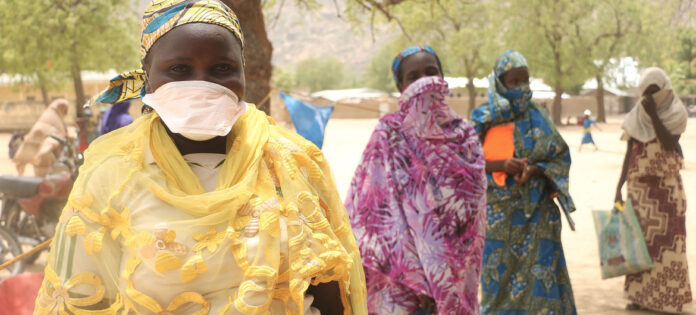Economic recovery from the COVID-19 pandemic is projected to be more gradual than previously forecast, according to a report published on Wednesday by the International Monetary Fund (IMF).
It estimates growth this year at -4.9 per cent, or nearly two percentage points below projections in April, indicating that the recession will be deeper and recovery slower.
The IMF explained that the report reflects “a higher-than-usual degree of uncertainty” around the projections, which are based on key assumptions about the pandemic’s impacts.
In countries with declining COVID-19 rates, slow recovery is based on factors such as the continuation of physical distancing measures, reduced productivity due to lockdowns, and a hit to surviving businesses ramping up, to meet necessary workplace safety and hygiene practices.
The IMF further predicts that lengthier lockdowns will exert an additional toll on economic activity in countries struggling to control infections.
“All countries—including those that have seemingly passed peaks in infections—should ensure that their health care systems are adequately resourced,” the agency said.
“The international community must vastly step up its support of national initiatives, including through financial assistance to countries with limited health
care capacity and channeling of funding for vaccine production as trials advance, so that adequate, affordable doses are quickly available to all countries.”
The report recommends that in areas still under lockdown, authorities should continue to “cushion” household income losses, while also supporting firms forced to curtail their activities due to mandated restrictions.
“Where economies are reopening, targeted support should be gradually unwound as the recovery gets underway, and policies should provide stimulus to lift demand and ease and incentivize the reallocation of resources away from sectors likely to emerge persistently smaller after the pandemic,” the authors said.
They underlined the importance of strong global cooperation throughout the pandemic, noting that countries confronting the crisis while also facing a drop in external funding, or other financing, urgently need “liquidity assistance”.
Looking beyond the crisis, the report urges policymakers to resolve trade and technology “tensions” that will put recovery at risk.
Additionally, they should implement climate-related commitments and scale up carbon taxation.
“The global community must act now to avoid a repeat of this catastrophe by building global stockpiles of essential supplies and protective equipment, funding research and supporting public health systems, and putting in place effective modalities for delivering relief to the neediest”, the authors state







